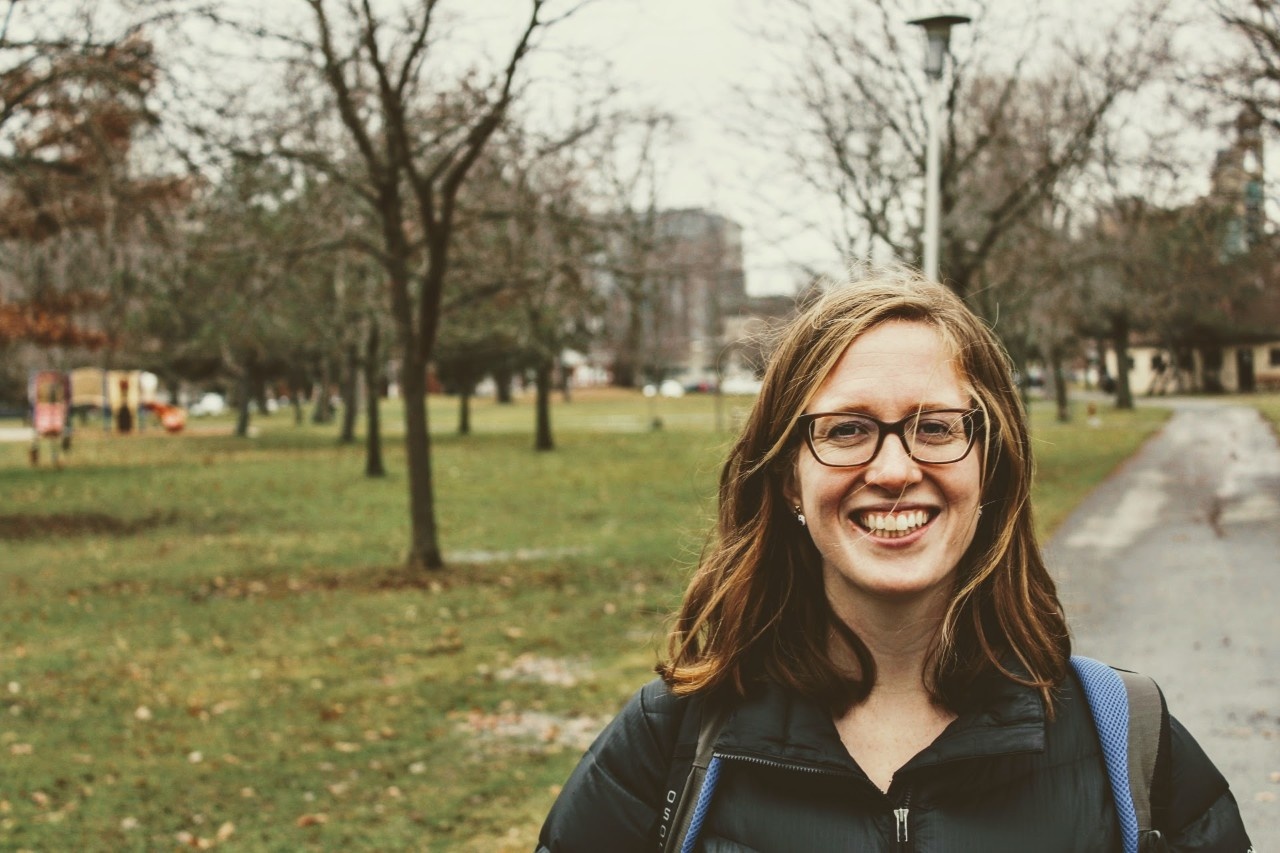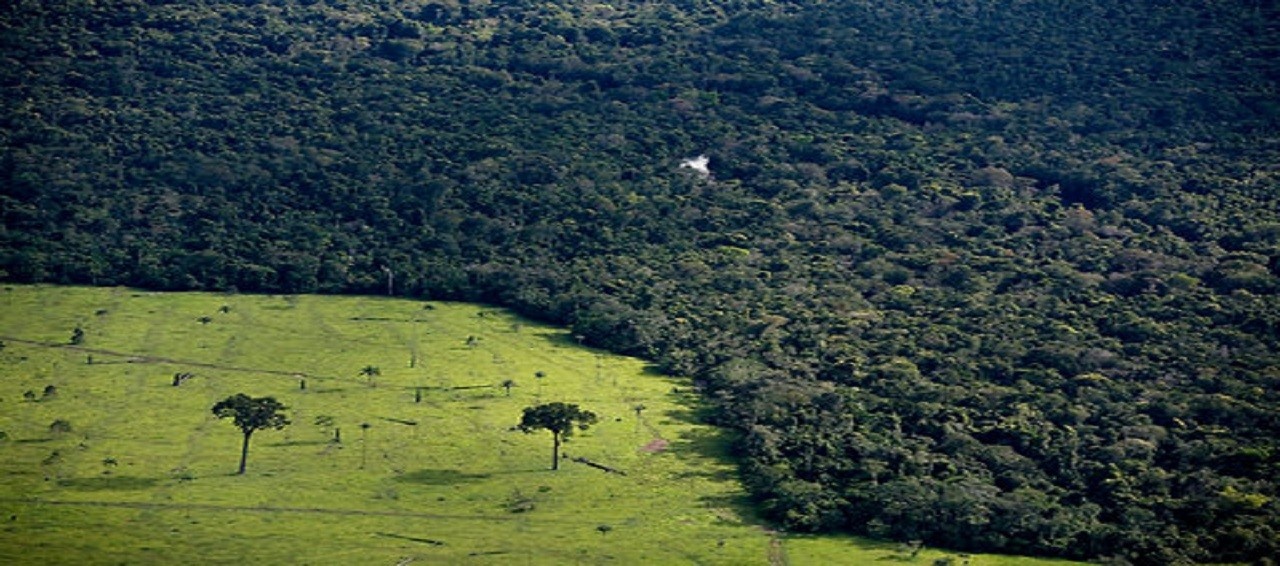Hannah Ascough
BA IDS & Creative Writing, 2017
PhD candidate at Queen's University

Originally from Kingston, Ontario, Hannah Ascough knew exactly what she wanted to do at Dalhousie University when she entered first year in 2013: graduate with a double major in honours International Development Studies and Creative Writing, a minor in French, and run on the Varsity Cross-Country team.
She did just that in 2017, and has missed her school, her departments, and her running team ever since.
It was in her Creative Writing classes that Ascough uncovered her passion for storytelling, but it was in the IDS program where she realized the crucial intersections between stories and social justice. Under the guidance of Dr. John Cameron and Dr. Matthew Schnurr, Ascough’s honours thesis explored how microcredit charity Kiva uses the “hero’s journey”, a universal type of story, to structure its participants’ stories for donors. With Dr. Cameron’s and Dr. Schnurr’s support, Ascough went on to publish this thesis in the Canadian Journal of Development Studies a year later, while also presenting her research at a workshop in Sweden.
It was in the IDS program where she realized the crucial intersections between stories and social justice.
After completing her BA, Ascough moved back to Kingston to work on her MA in the Department of Global Development Studies at Queen’s University. Funded by a SSHRC Award, Ascough continued studying charities and storytelling, writing her final research paper on the notion of living “happily ever after” in the face of climate-related changes. She traced the popularization of the fairytale trope to Disney films, noting how “happily ever after” is synonymous with capitalist values of unlimited growth and opportunity. She then turned to WildLands, a South African degrowth-based charity, to examine the neoliberal-inspired “happily ever after” it sells to its donors through its advertising.
Having graduated from her MA in 2018, Ascough then joined the first cohort of Queen’s University’s new PhD program in the Department of Global Development Studies. Funded again by a SSHRC Award, Ascough is currently expanding her “happily ever after” research to look at the way environmental charities frame the future for marginalized women in KwaZulu-Natal, South Africa – and how women themselves describe their “happily ever afters”. She hopes to eventually bring this research back to Canada, in an effort to encourage similar degrowth movements in the Canadian context.
Ascough’s research interests also extend to the study of language and power within a political economic context; she focuses specifically on how words change in meaning to reflect the changing Canadian economic landscape. She is also interested in contradictory portrayals of gender in charitable advertising, examining how charities position women as both heroines and “damsels in distress”. Ascough will be presenting these ideas at several international conferences, including Vancouver and Paris.
Ascough credits her success as a student and as a researcher to the lasting lessons she learned as an undergraduate student in the IDS Department at Dalhousie. There, she found professors not only willing to teach invaluable skills like grant writing, but encouraging of creativity as well and open to new intersections between development practices and art. IDS at Dalhousie challenged Ascough to rethink her interactions with the world around her and to reimagine her engagement with storytelling.
IDS at Dalhousie challenged Ascough to rethink her interactions with the world around her and to reimagine her engagement with storytelling.
Dalhousie showed Ascough that stories are important. IDS taught Ascough to be critical of the stories she tells, the stories she hears and to make sure these stories do justice to the people they represent. Ascough aims one day to work for an environmental organization, or as an academic – but in the meantime, she hopes that her work can make a socially equitable and environmentally sustainable future seem like the best kind of “happily ever after” story there is to live.
